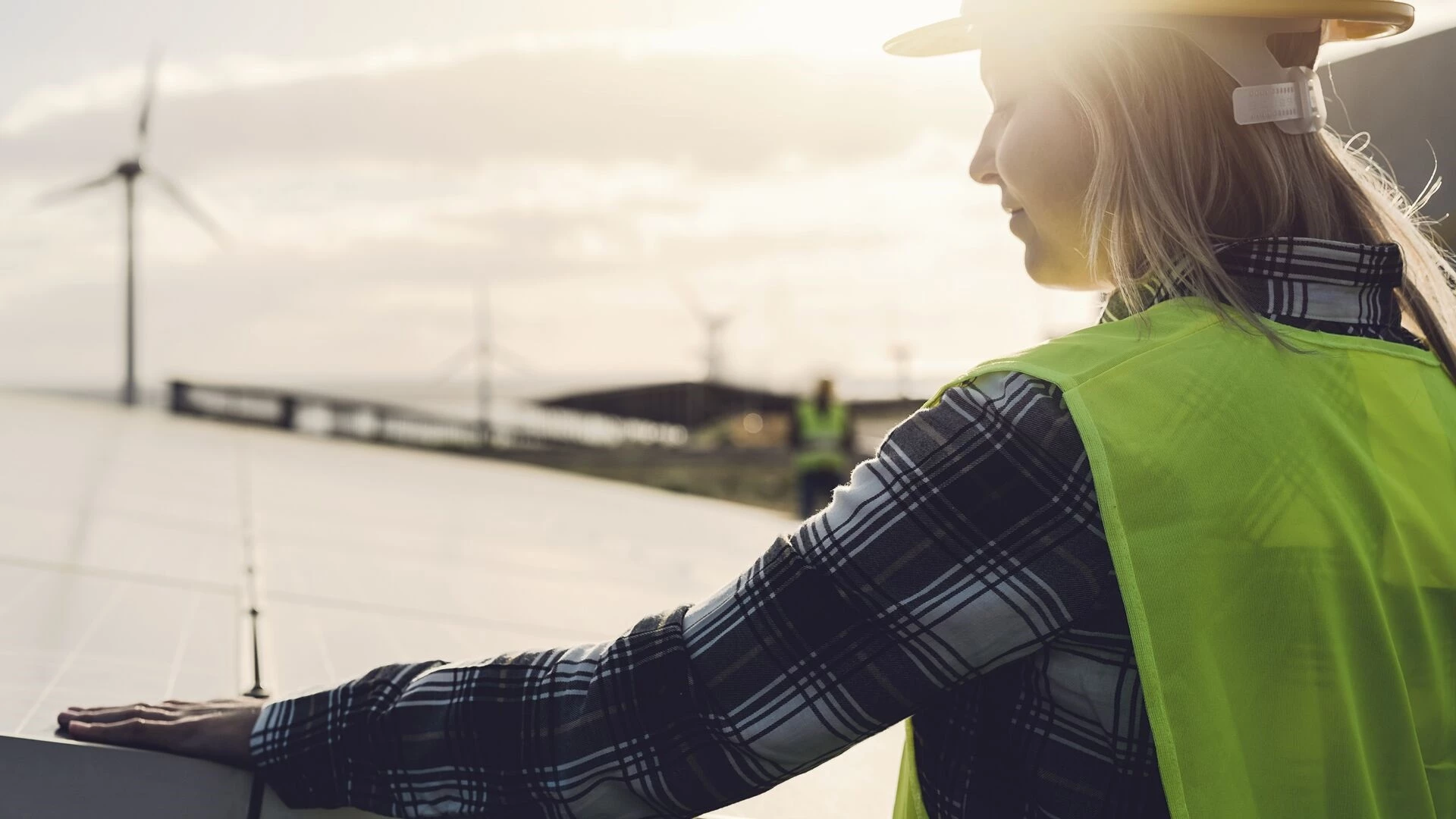
VS: Alfa Laval has a clear focus on sustainability and a high ambition level for its contribution. Where did this strong conviction come from, and what has led to the development of the values and ideals you have as a company today?
AC: It is embedded in our culture and throughout the organisation, which is as it should be. Sustainability is not a task a specific group within a company can perform, but needs to be considered throughout the organisation. It falls under finance, products, sales, etc. It is about the people working every day, but it is also about the specialist functions that can help guide the way and navigate the changing landscape that is sustainability, for example with regards to the constant emergence of new regulations which we need to take into account and integrate into our ways of working. It needs to be part of everything that we do, in how we work, in our business offerings, and how we innovate and develop new products. This way of thinking is essential if we are to achieve our sustainability targets, which are quite ambitious in that we strive to reach net zero by 2050 and, before that, be carbon-neutral by 2030. If it was only a specialist sustainability group of some eight people driving this in the company, we would never be able to make this happen.
VC: How would you say Alfa Laval compares to industry peers regarding sustainability?
AC: We are quite unique in the sense that all our products and offerings are a vital part of creating sustainable solutions and are very much connected to the environmental aspect of sustainability. You could almost describe us as being, and having always been, environmental engineers. Enabling the energy transition to renewable sources would be quite difficult without our products and process knowledge, both with regards to increasing energy efficiency and scaling new fuels such as biofuels or hydrogen. Similarly, food system scaling, plant-based protein development, wastewater treatment, recirculation of water and making marine transportation more sustainable all fall under this category. So we tend not to compare ourselves but rather look at and partner with like-minded companies that are on the same journey but from their own starting point and within their own context. One such example is a collaboration called MASSIV+, where together with other Swedish companies we look at how we can best measure, report and share emissions data between each other.
We are a global company and the maturity level of sustainability naturally differs depending on region and industry. In one region there might be different levels of understanding within marine compared to within food production, for example. So we have the whole spectrum of maturity levels in that regard. We work hard to drive improvements with partners all across the globe and work closely with suppliers and help educate and guide them into making sustainable choices. Companies are of varying sizes and many might not have the resources or insights that we have, so it is only natural for us to help them in their journey, which in turn helps us on ours. By doing so, we will succeed together. There will not be one winner within sustainability, where if one succeeds no one else will, but rather the opposite. If nobody else succeeds, then we won’t either. So we are working in close collaboration with a lot of other companies.
Similar to how we are pushing our suppliers, we also have customers pushing us to become better, for example with regards to reporting and data quality, driven by various regulations such as the CSRD. This is a key area of development for us and many others. If you don’t have the right data, how will you be able to make the right choices? How would it work in finance if there was no data, or the quality of it was lacking?



